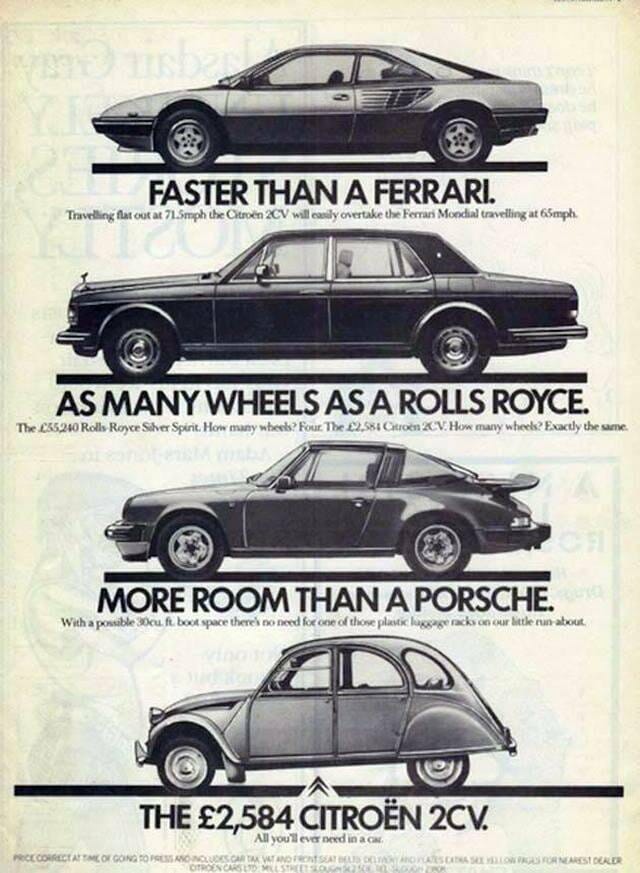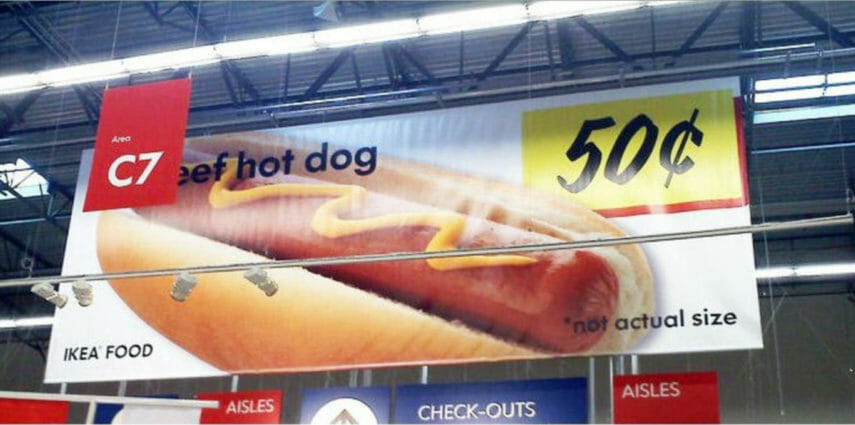Is there truth in adverting?
Taco Bell was voted the best Mexican restaurants in the US. Surely this is wrong, right? We expect truth in advertising, or at least “believable” claims, right? How could an entire nation vote a fast food chain to be the best authentic-food restaurant in the country???
Actually, that wasn’t the claim. There’s more to the story…
How did Donald Trump win the US Presidential Elections? By having the most votes from the people? No. He won by having the most electorates. Subtlety which makes all the difference. Same with Taco Bell.
Ask the right question
To make a grandiose claim, backed up by research, you need to ask the right question. Here’s a story from the 80’s which can demonstrate this:
“Jimmy Dean breakfast sausage wanted to make the claim that they were “America’s favorite sausage.” So we did a national survey about what brand was your favorite breakfast sausage.
Plenty of local to regional brands could win out over Jimmy Dean in the area of their dominance. There was Bob Evans in the Midwest, Tennessee Pride and Rudy’s Farm just south of that, Bryan in the Southeast, and so on, across the country.
But there were enough people everywhere who would vote for Jimmy Dean.
Jimmy Dean invariably got more votes than any of the other regional brands, and its national advertising proclaimed that. My boss — the president of the little research firm that did the research — got hauled up to New York by some regional company to testify in front of the FTC on a truth-in-advertising claim.
He went with the questionnaire and report in his briefcase and came home a winner. If you ask a question as close as possible to the claim you want to make, and ensure you survey a representative national sample of category users, any national chain in any category will beat competitors that are superior but only regionally available.”
Source – CB Insights
Perspective is crucial
So how did Taco Bell receive such accolades? With over 6500 restaurants around the US, the brand is dominating the Mexican food restaurant market, as It is everywhere. Many of the locations of Taco Bell restaurants have no other Mexican food restaurants. So when researches conduct a national survey and hit places with no other Mexican food competition, the results are likely to be skewed toward the known brand. The company has been around for over 56 years, so the name is not only known but trusted as well.
What about integrity?
When using such bold claims, whether they are statistically correct or not, there’s a fine line we, as marketers, should be aware of. As much as we can back up our advertising slogans with our research results, we must be mindful of public perception too. If a claim is not believable (even though it’s 100% true), we’d have a hard time defending it. Is it worth it?
On the other hand, you can make fun of such claims, like Citroen did when comparing their 2CV to a Ferrari Mondial, claiming it was faster. Reading the fine print will reveal the full claim:

By all means – find a way to make bold claims, which will get you publicity ici. Truth in advertising isn’t always a virtue, or a light to be guided by, but be careful how you handle it – being right, isn’t always the smartest move.

